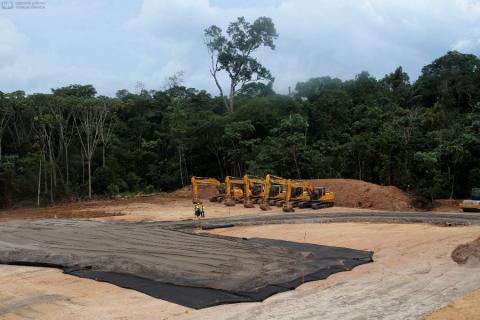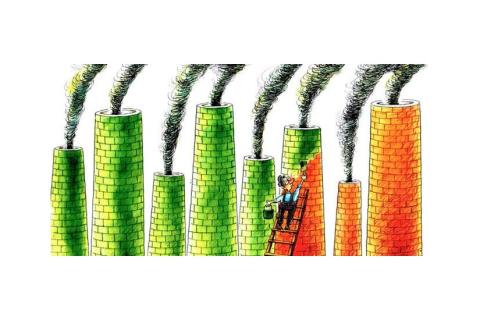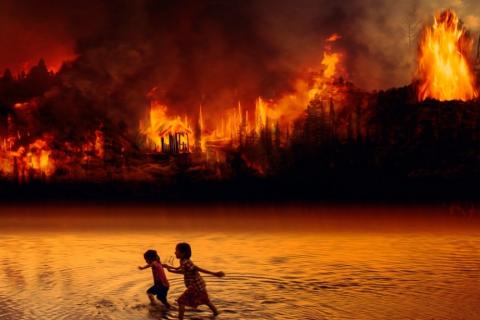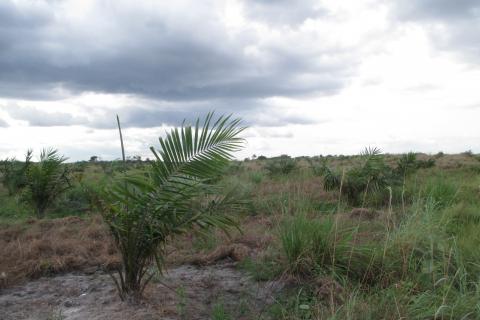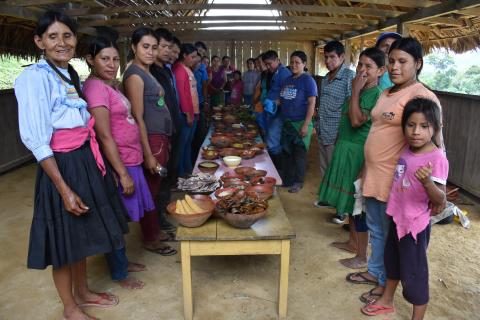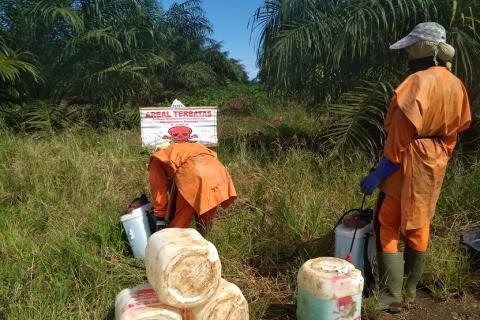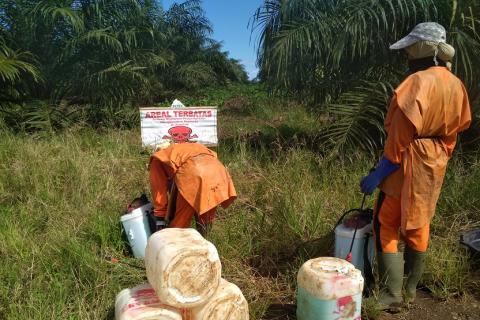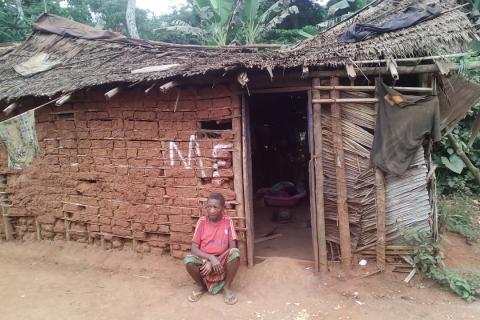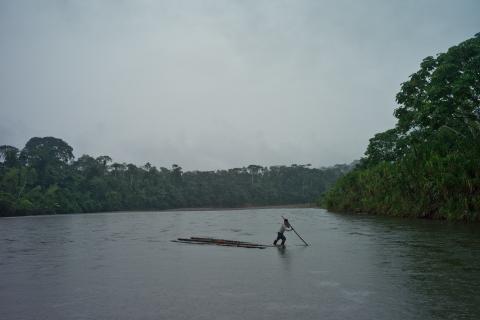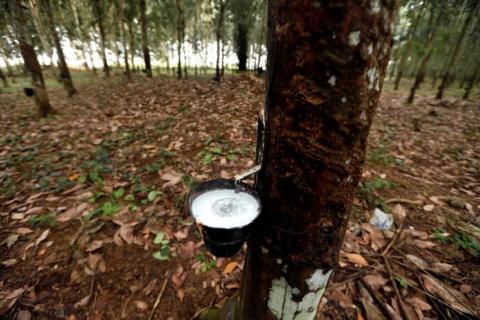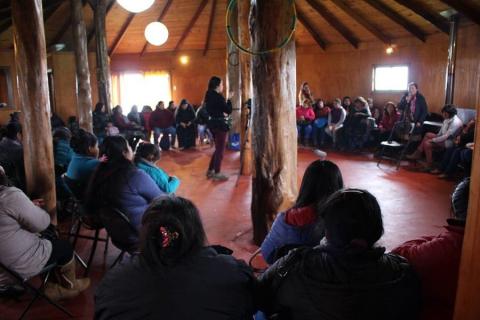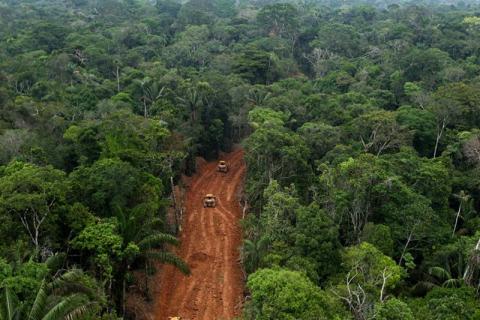Oil is a driving force behind climate change, the globalized unequal trade and the new landscapes of colonization. Yet, oil frontiers have multiplied and economies remain deeply petroleum-dependent, albeit concealed behind a “green” cloak.
Bulletin articles
The European Union’s policy pursues growth at any price. “Green” technologies require an increasing amount and variety of metals and minerals. Millions of public funds flow every year from the European Investment Bank to mining projects—under the cloak of “development.”
“Shock” is a common reaction when a crisis emerges… or when it comes to light. However, it also provides a convenient smoke screen for governments, financial institutions and companies behind which they can hide their own role in and responsibility for the current crises in the forests.
The Singapore-based OLAM company has secured access to 500 thousand hectares of land in Gabon to set up large-scale oil palm plantations, a country with 85% of forest coverage. How can OLAM then claim to follow a “zero deforestation” commitment?
The government claims that small-scale agriculture is responsible for deforestation. But this claim ignores government policies that drive land-use changes and destructive markets as well as the exclusion of indigenous peoples through the creation of reserves.
Exploitative working conditions in the oil palm plantations’ industry in Indonesia are persistent and the main victims are mostly women. Although this situation is often overlooked, the production process of the world’s largest producer of palm oil is strongly influenced by its existence.
Indigenous peoples in Cameroon are not only seeing their lands threatened due to strong pressure from corporate and state investors, but they also face a discriminatory justice system that blames and criminalizes them.
REDD+ has shown to be a big failure for the climate, the forests and forest peoples, but many international agencies and governments continue to support it. This article takes a look at its inability to halt deforestation and the fundamental flaws of its main initiatives.
The industrial production of natural rubber has always been synonymous with destruction and exploitation. About 70% is used to manufacture tires. As the use of cars, trucks and airplanes increases, the use of rubber will also increase. And this does not come without controversy.
The Network of Women’s Organizations of Tirúa, in south central Chile, is deploying strategies for life to prevail in this region. This territory has been threatened by the massive invasion of tree plantations, which state policies continue to promote.
It is impossible to think about extraction without thinking about a vast network of accompanying infrastructure, and thus even greater deforestation and destruction.
